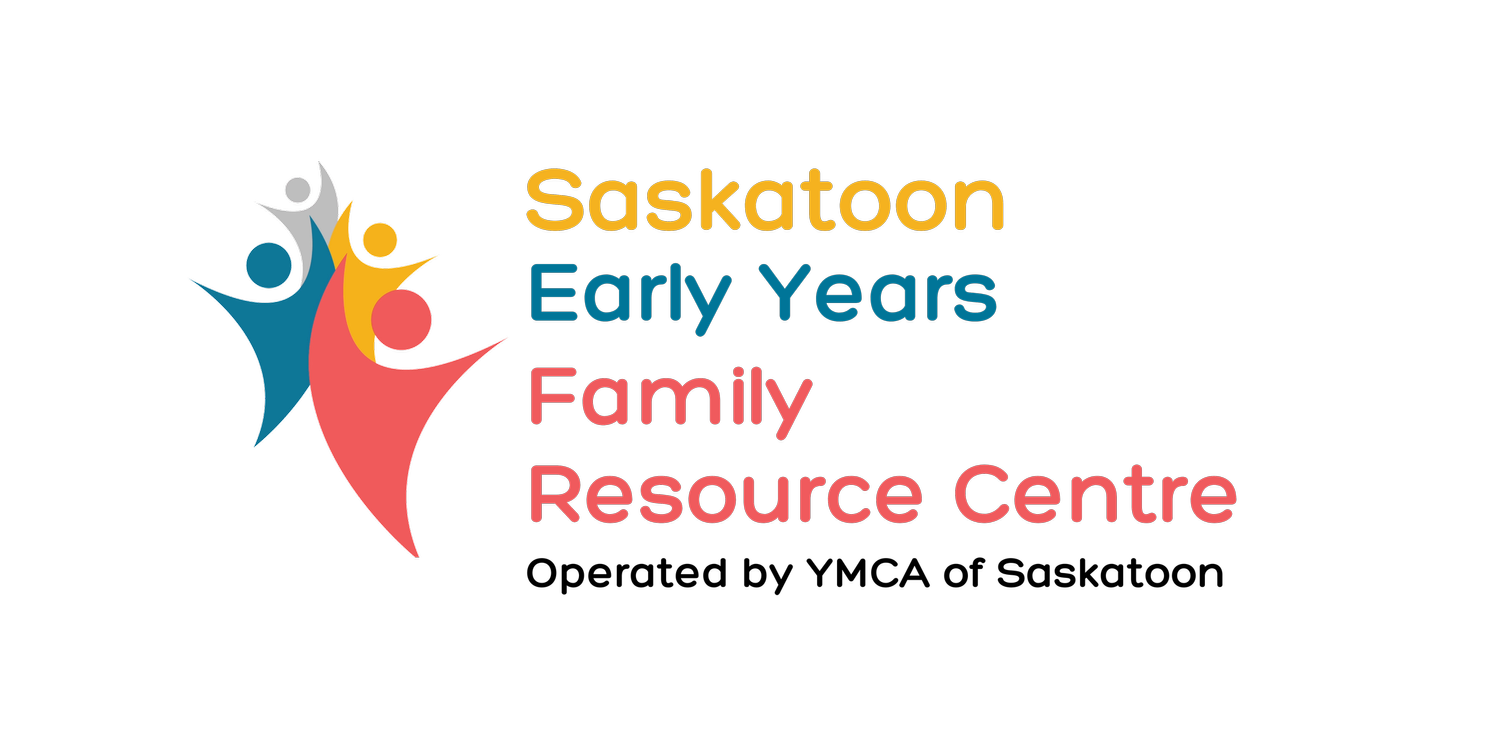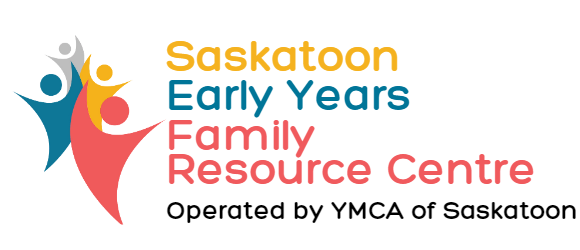Raising a bilingual child in Saskatchewan: A Mexicanadian mom’s point of view
By Sara Alonzo
Mom & SEYFRC Family Advisor
My son J was born in Saskatoon, SK in a Spanish speaking home. All music, television programs, conversations, and close friendships are established 100% in Spanish. It is an assumption that teaching the parent’s mother tongue is just “natural and easy”, but it is not…
People that are not well informed are afraid and scared that their child will not “learn English” that school will “be so hard for them”, that he will be “looked down at school”, that “the child will be confused” … So as a parent fear kicks in… You start panicking and wondering how “awful and disadvantageous” it is that your child’s mother tongue is other than English. After all, every parent wants to give their kids the best of the best!
Based on research, bilingual experiences improve the brain’s command center, thus giving it the ability to plan, solve problems and perform other mentally demanding tasks. I can go on and on talking on the positives of raising a multilingual child, but I will just list some:
· J can engage in conversations with all our family members back in Mexico, he has created a close bond with his grandmothers, uncles, and cousins, he facetimes them constantly and looks forward to having them visit Canada. This would be so much different if they did not share the same language.
· J will be a bilingual adult. If a job opportunity abroad opens, he will have “an edge” against other participants.
· J will be able to study and work in other countries where Spanish is the official language. So, a whole new world is open for him!
· I can truly speak my heart to him… Because honestly my vocabulary in English is limited.
· J is in preschool now and all the feedback I get from his teachers is that he is chatty and friendly (so… yeah... he is communicating in English and learned it on his own).
My tips on raising a multilingual child:
· Be intentional about it. Society will put pressure on you to “teach him” the mainstream language. But be firm and stay true to your goal. In his teenage years and when he joins school, he will have 8+ hours a day mainstream exposure to English language so you must make your home a “mother tongue” zone. This will help them be truly bilingual and take advantage of the academic, job opportunities, etc.
· Use technology. Netflix has many shows in different languages, check the audio options, most can be switched. Same with You Tube! Find apps in your native language too.
· Connect with others. Immerse your child in your culture and language, encourage them to talk to others who speak the language, ethnic stores, cultural groups, playdates, etc.
· Reading and writing. Search and expose your child to reading materials in your mother language, libraries can surprise you! Write and help them learn to write in your mother language too… again… this will help them down the road.
· Mainstream exposure. It is very important to give kids a chance to interact with others in different ways regardless… find playgroups, preschools, toddler programs, etc. Your child will be exposed naturally to the mainstream language and this may ease your thoughts of putting them in “disadvantage”.
I will always support J; I still sing ABC’s in English. We still take part in Educational Apps which are only in English, we have friends and playdates with English speaking families, we encourage him to say please and thank you to the servers in a restaurant, we take him to soccer practice and speak in English with other parents when that is the common language in the room.
We live in Canada and so we speak English, but we are also Mexican so we must speak Spanish too.


